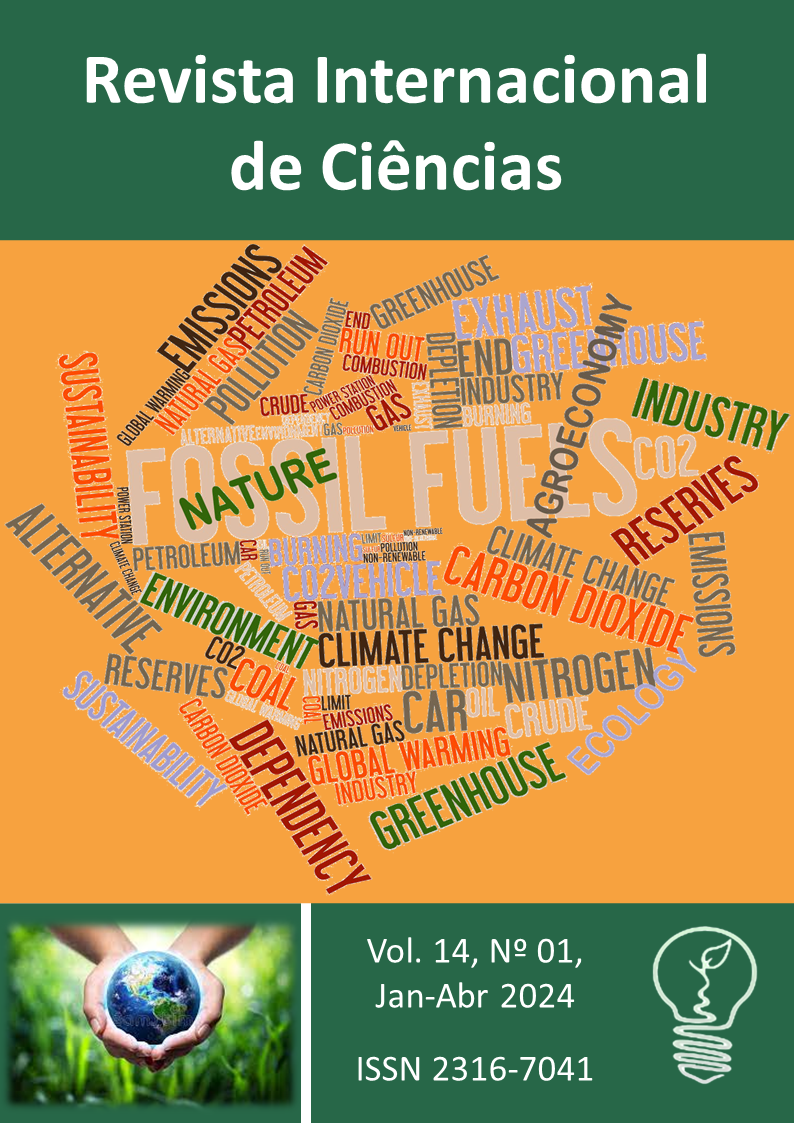ECONOMIC FEASIBILITY OF ON-GRID PHOTOVOLTAIC SYSTEMS IN A SINGLE-FAMILY HOUSE IN RIO DE JANEIRO CITY
DOI:
https://doi.org/10.12957/ric.2024.81385Resumen
Brasil es un país tropical con condiciones propicias para la generación y aprovechamiento de la energía solar. Esta fuente de energía se vuelve aún más atractiva cuando consideramos los períodos de sequía que afectan la generación de energía hidroeléctrica en el país, lo que resulta en un aumento en el costo de la energía que se refleja mensualmente en la factura del consumidor a través de las banderas tarifarias. Con el objetivo de mejorar los proyectos arquitectónicos residenciales y promover la eficiencia energética, se llevó a cabo un estudio de viabilidad económica de sistemas fotovoltaicos, considerando los principales indicadores económicos y las banderas tarifarias vigentes. Con este propósito, se realizó una investigación con Empresas Integradoras para un estudio de caso localizado en la ciudad de Río de Janeiro, adoptando premisas técnicas comúnmente utilizadas en el dimensionamiento de sistemas fotovoltaicos residenciales. Para el dimensionamiento gráfico del estudio de caso, se tuvieron en cuenta factores como el entorno, los solsticios de verano e invierno, y también se llevó a cabo un estudio de sombras para evaluar la posibilidad de pérdida de generación de energía por parte del sistema fotovoltaico a lo largo del año. El estudio de sombras reveló que, durante ambos solsticios, el horario óptimo para la generación de energía por parte de los sistemas fotovoltaicos es de 9 a.m. a 6 p.m. En esencia, los valores calculados de VPN (Valor Presente Neto) y TIR (Tasa Interna de Retorno) indican que el proyecto es económicamente viable y especialmente ventajoso durante las banderas tarifarias amarilla y roja, situaciones en las que el costo de la energía tiende a ser más alto para el consumidor.
Descargas
Publicado
Cómo citar
Número
Sección
Licencia
Derechos de autor 2024 GRAZIELA MARCO LEANDRO, Josimar Ribeiro de Almeida

Esta obra está bajo una licencia internacional Creative Commons Atribución 4.0.
Os Direitos Autorais dos artigos publicados na revista Revista Internacional de Ciências pertencem ao(s) seu(s) respectivo(s) autor(es), com os direitos de primeira publicação cedidos à RIC.
Os artigos publicados são de acesso público, de uso gratuito, com atribuição de autoria obrigatória, para aplicações de finalidade educacional, de pesquisa de acordo com o modelo de licenciamento Creative Commons 4.0 adotado pela revista.
A Revista Internacional de Ciências utiliza uma Licença Creative Commons Atribuição 4.0 Internacional.



